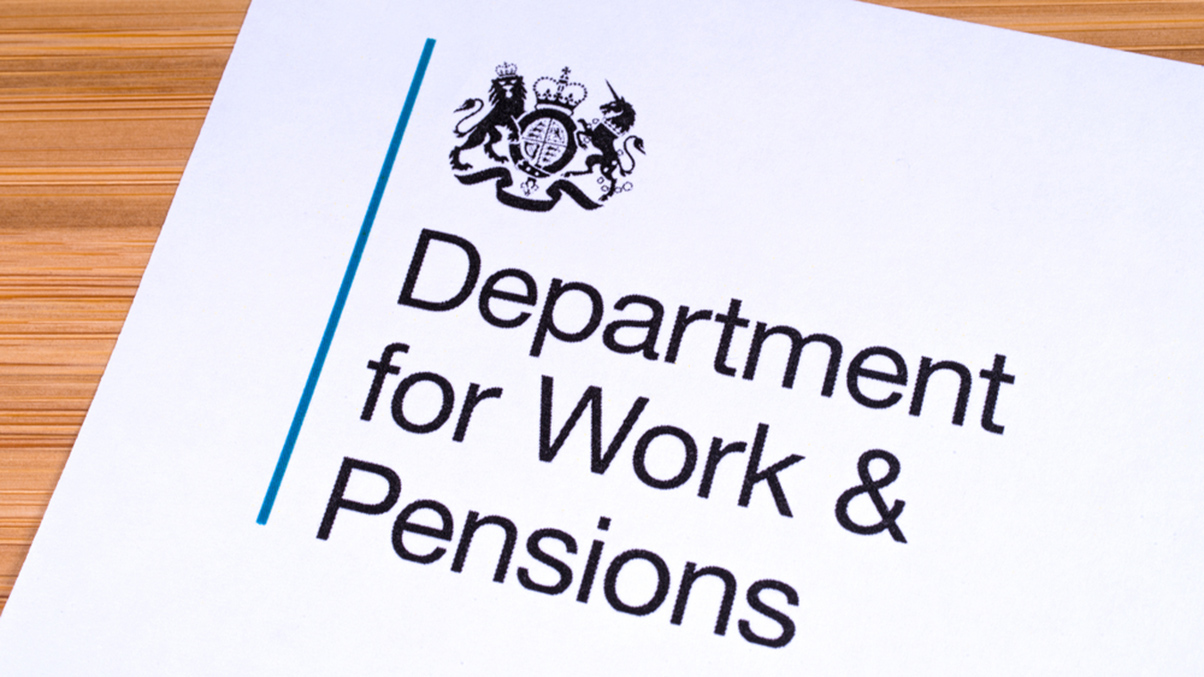World Day for Safety and Health at Work, an international campaign promoting safe, healthy and decent work, takes place on 28 April. Despite this campaign, many self-employed people are injured at work every year. If you sustain an injury as a self-employed person, you may be unsure how to maintain a steady income.
This article looks at the welfare benefits available to you if you are self-employed and find yourself with financial woes after being left unable to work due to injury or illness, as well as insurance products that can provide an income.
Welfare benefits
Unfortunately, if you are self-employed and sustain an injury or illness while working, statutory sick pay is usually out of the question, and Industrial Injuries Disablement Benefit is not available to you. However, many self-employed people are not aware they may be eligible for other welfare benefits.
A great place to start is the use of an online calculator. This asks a series of questions to determine the financial assistance that may be available for an entire household.
Universal Credit (UC)
UC is a means tested benefit, and any savings or income you (and any partner) have will be taken into account when deciding how much UC you are entitled to. If you have less than £16,000 of savings, you may be entitled to claim UC. If you have limited capability for work due to ill health or disability, your UC may also include an additional amount.
Contributory (‘New Style’) Employment and Support Allowance (New Style ESA)
New Style ESA is a non-means tested benefit, with your eligibility determined by the National Insurance Contributions you have made in the two tax years prior to making a claim. You can check your National Insurance record online.
You can apply for New Style ESA on its own or at the same time as UC. However, the amount of New Style ESA you are paid will reduce your UC payment by the same amount.
Personal Independence Payment (PIP)
PIP is a non-means tested disability benefit. It is made up of two components: one to help with daily living needs and one for mobility. PIP is awarded based on the functional limitations caused by your condition and/or disability in relation to specific daily living and mobility activities. These are helpfully set out here.
If your injury or illness has affected your ability to do things such as wash, dress and move around for three months and those restrictions are expected to last for at least nine months, you may be eligible for PIP.
Income protection insurance
Like many of us, you may struggle to keep on top of your essential outgoings, such as mortgage and utility bills, if you lose your income due to illness or an accident. As there is usually no contractual or statutory sick pay available should the unforeseen happen, insurance policies are particularly important if you are self-employed.
Income protection insurance can provide you with a regular tax-free income for as long as you remain ill and unable to work, sometimes until retirement.
You will need to satisfy the criteria on your particular policy (which may be something like being unable to do your usual occupation). There is usually a waiting (‘deferred’) period set out in the policy, which will need to pass before the payments start.
Once your claim has been accepted and the payment starts, income protection insurance will usually cover a portion of your monthly income (normally between 50% and 70%).
You should check whether you already have income protection insurance in place, as you may have taken this out with your mortgage. Before taking out an income protection insurance policy, you should seek financial advice regarding your options.
How can Stewarts’ Legal Service help?
As a part of Stewarts’ free Legal Service, we help people who have sustained serious injury or illness by reviewing the insurance policies and determining eligibility for an insurance payout to ease any financial woes while unable to work. Support is also available throughout the claims process, which includes completing the claim forms and liaising with medics to obtain any necessary medical evidence.
Case study
The following case study details our assistance to AB, who had a claim under an income protection insurance policy when they were unable to work.
AB sustained multiple and severe orthopaedic injuries in an incident. AB was going to be off work for many months, and as a self-employed tattoo artist, they were not entitled to sick pay.
Fortunately, AB had income protection insurance. AB was confused by the voluminous paperwork and did not know how to complete the income protection forms. Further, as the long-term impact of their injuries was unclear, AB was advised not to make an insurance claim immediately.
After reviewing the policy documentation, we advised AB to make a claim straight away. We assisted AB with obtaining the necessary information, completing the claim form and liaising with the insurer on their behalf.
AB’s claim was successful, without having to wait until their future prognosis was more certain. They have started to receive £800 a month under their income protection policy. This takes the financial pressure off them, allowing them to focus on their rehabilitation.
You can find out more about the World Day for Safety at Work here.
Subscribe – In order to receive our news straight to your inbox, subscribe here. Our newsletters are sent out once a month.






